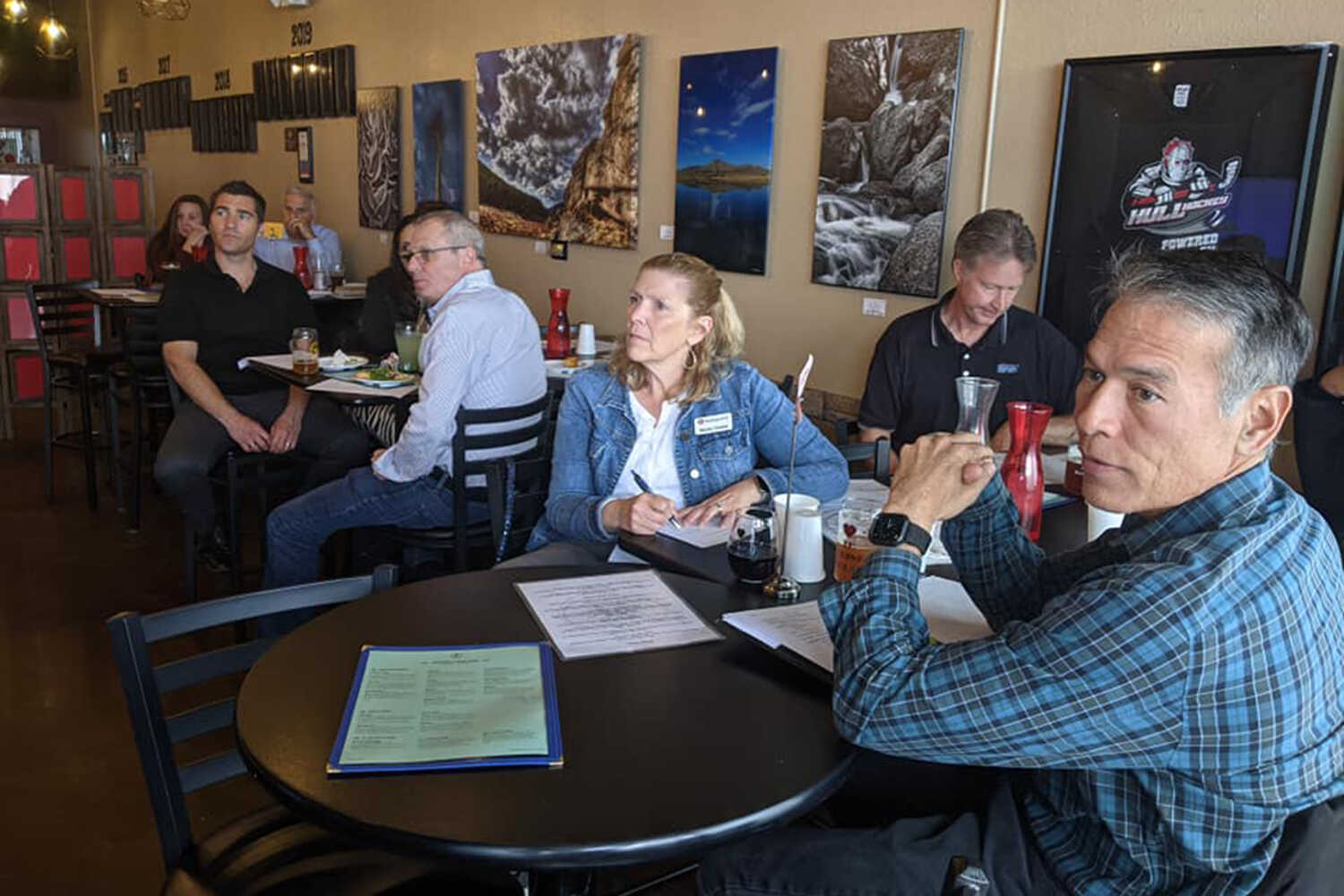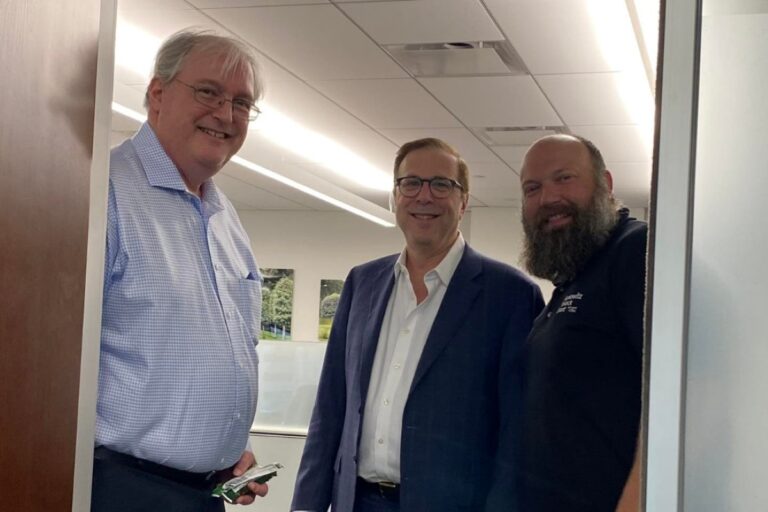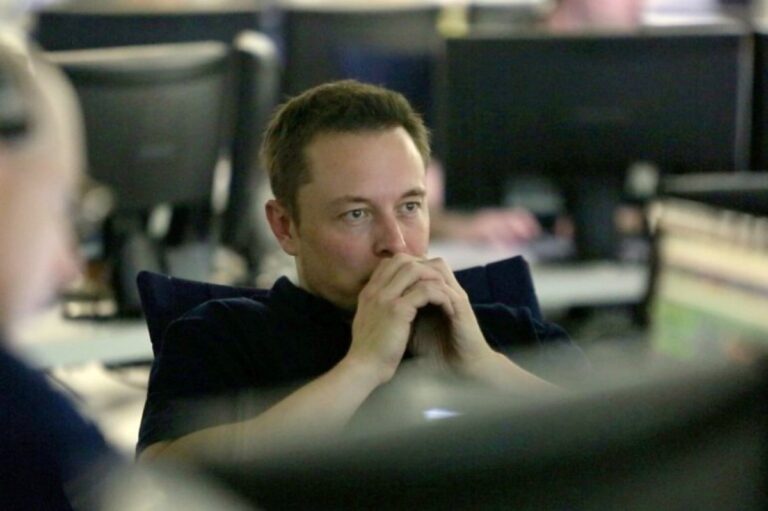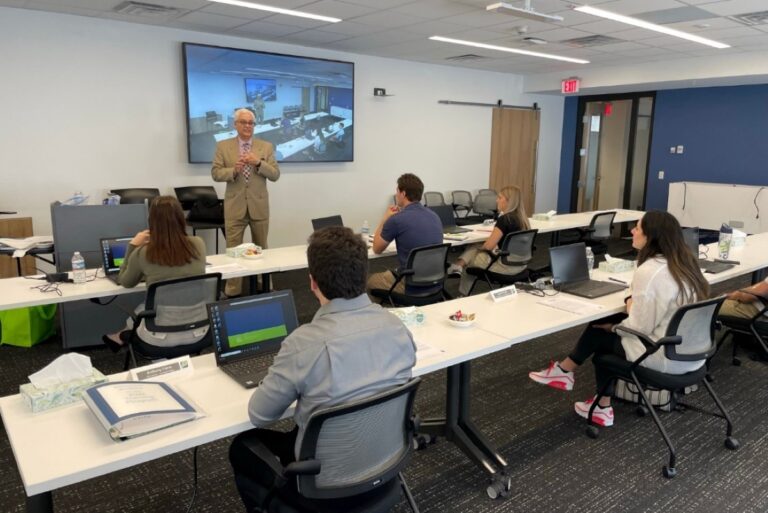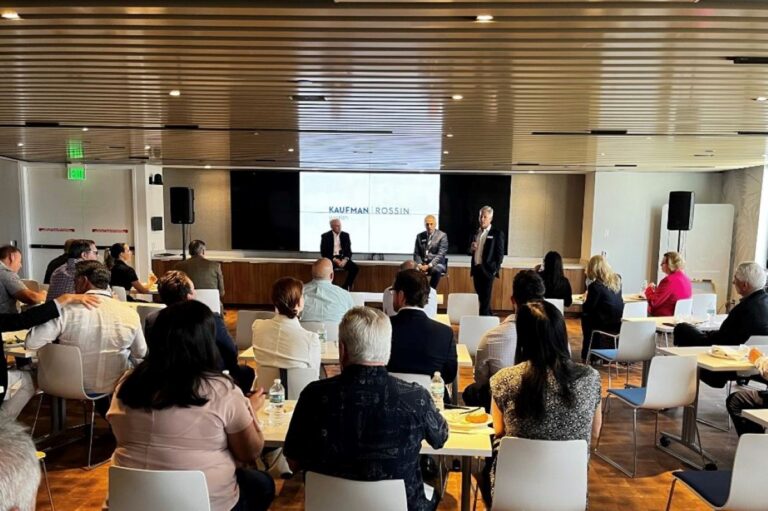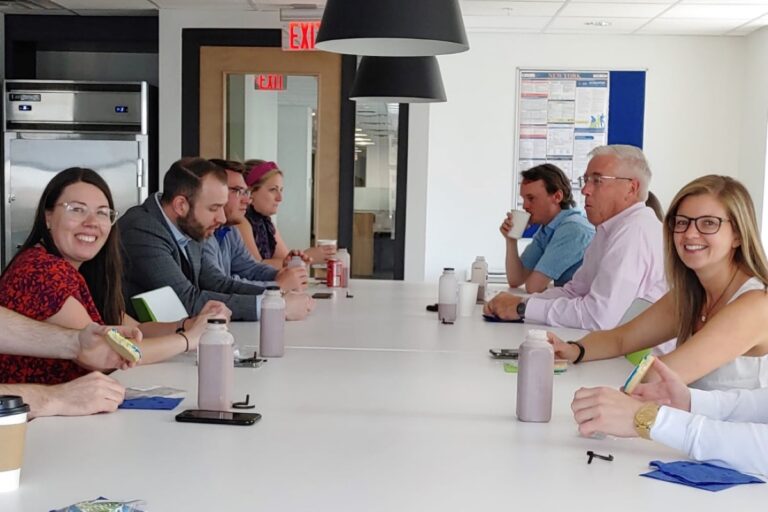It’s Not Surprising for The Largest Enterprises to Make the Biggest Mistakes
What is the biggest mistake that a big company has made? Originally appeared on Quora: the place to gain and share knowledge, empowering people to learn from others and better understand the world.
Being successful in business is about making the right decisions, at the right time. History is littered with bad business decisions that have led to the demise of a company’s significant market share, or if things have gone well, given executives a red face when they’ve realized they’ve missed out on an excellent opportunity.
Here is a list of some of the biggest business mistakes made.
1. Typo Costs Japanese Firm $225 Million
Typing the wrong data into the wrong box isn’t an unusual error. Typos are relatively common in the office. A problem can arise however if you are trading in stocks and shares. A Japanese employee learned this the hard way when he accidentally switched around the figures for the sale of a single share for 610,000 yen.
His mistake meant that 610,000 shares were sold for just one yen each. While there were attempts to cancel the transaction, it was too late, and the company lost $225 million.
2. Microsoft on the Cheap
Ross Perot states that he didn’t view Bill Gate’s $40 to $60 million price tag for Microsoft as reasonable in 1979. Perot’s Electronic Data Systems at the time was worth approximately $1 billion, and the company was looking to invest in Microsoft.
The deal didn’t go through, and Ross Perot later told the Seattle Times that he believed passing up on the same was “one of the biggest business mistakes I’ve ever made.”
3. Microsoft Retains Copyright for DOS Platform
Everyone knows you have to protect your assets. Whether that is insurance against unforeseen court action or protecting intellectual property. This is what makes this one so unfortunate.
At the turn on the 1980’s, IBM was leading the computer industry and wanted to go a step further by developing an operating system. They turned to Bill Gates and Microsoft to develop the system in exchange for $80,000 and the stipulation that Microsoft retained the copyright for the new platform. The last condition meant that Microsoft had the tool to bring forth a computing revolution and rule the industry for the next three decades.
4. Google is up for Sale
Excite was one of the leading search engines in 1999 when it was approached to buy Google for $750,000. The only condition of the sale was that Excite would have to use Google’s search engine software. The deal didn’t appeal to the CEO of Excite, George Bell.
Google is currently worth $365 billion while Excite was bought out by AskJeeves after a significant drop in the value of their stock price.
5. Passing up on the Beatles
In 1960 Decca Records were hosting performances for bands looking to secure a record deal. One of those bands present was the Beatles. Although they gave a shaky performance, their confidence was high, and they thought they should secure a deal.
However, Decca’s A&R Representative, Mike Smith, believed that guitar groups weren’t going to be popular anymore and decided to sign another band. His decision meant that a band that would go on to be one of the best-selling in the entire world went somewhere else instead.
6. No Play with Toy Story
When Pixar was developing Toy Story, it had an idea of how the toy market would go afterwards. It had contacted several toy companies to see if they would allow the rights for their toys to be featured.
in the film, many of them didn’t – this included Fisher Price and Mattel. At the same time, toy stores were reluctant to invest in stock for the film’s stars.
After the release, demand for dolls and other stars of the film increased significantly, so much so that toy stores ran out of stock. Also, other brands were quick to book their place in the Toy Story sequels realising on the sales they missed out on.
7. Software Error in Price
E-commerce has led to many price glitches and most of the time this has been caught and rectified. However, Alitalia Airlines had a massive slip up in 2006 that cost them $7.72 million. The problem was that their business-class flight from Toronto to Cyprus was listed as $39 instead of $3,900. Bargain hunters flocked to the site, and 2,000 tickets were sold.
The company did try to cancel the purchases, but eventually honoured them.
8. Changing the Flavour
Coke was king of the soda world and had been for 100 years when it decided that a refresh was needed. The new coke had performed well in taste tests, but when consumers got their first tastes, there was instant dislike.
Coke had failed to consider that it wasn’t just the great taste that mattered, but the emotional connection customers had formed to the old recipe. Coke admitted their mistake and eventually released a Coke Classic to make customers happy.
9. Kodak Misses out
Technology is often the pushing force that recreates industries. One such example is the digital revolution, especially in the photographic industry. In 1977, Kodak thought this might be the way of the future and decided to patent one of the first digital cameras. The camera used magnetic cassettes to store images of about 100Kb and would have been a revolution at the time.
However, Kodak was making so much money on film that they continued to push for it, even when other firms were introducing digital technology to customers. When it did decide to join the digital revolution, it had to sell cameras at a loss and couldn’t make the gains necessary against the manufacturers who were now experienced with the technology and products.
10. Blockbuster Fails to buy
Remember that time when the video rental store was a regular part of your weekend? Blockbuster thought that time would never end, and so when Netflix offered to handle Blockbuster’s online component, the video lending giant turned them down. According to former Netflix CFO Barry McCarthy, “They just about laughed us out of their office.”
Blockbuster would feel the pain later on. They struggled with their online components and went into administration. Netflix is now one of the biggest brands in video sharing across the world.
Conclusion
Mistakes in business can and do happen. It is important to remember that. It is also important to know that when you are faced with a decision that you step back and try to consider all the facts available. It might not be about what affects you now (although spotting typos are certainly something you should watch for); instead it might be about the future of your business or industry.
Have you ever made a business mistake that has affected your business? Speak to the Ragain Financial team about how they can help support your recovery with good financial management.
Contributed by Tusher Khan, B.A. Economics & Globalization, University of Oxford (2002)

